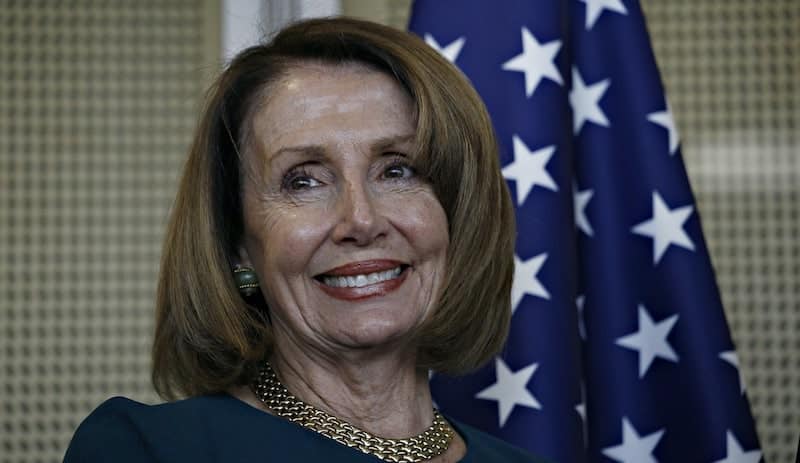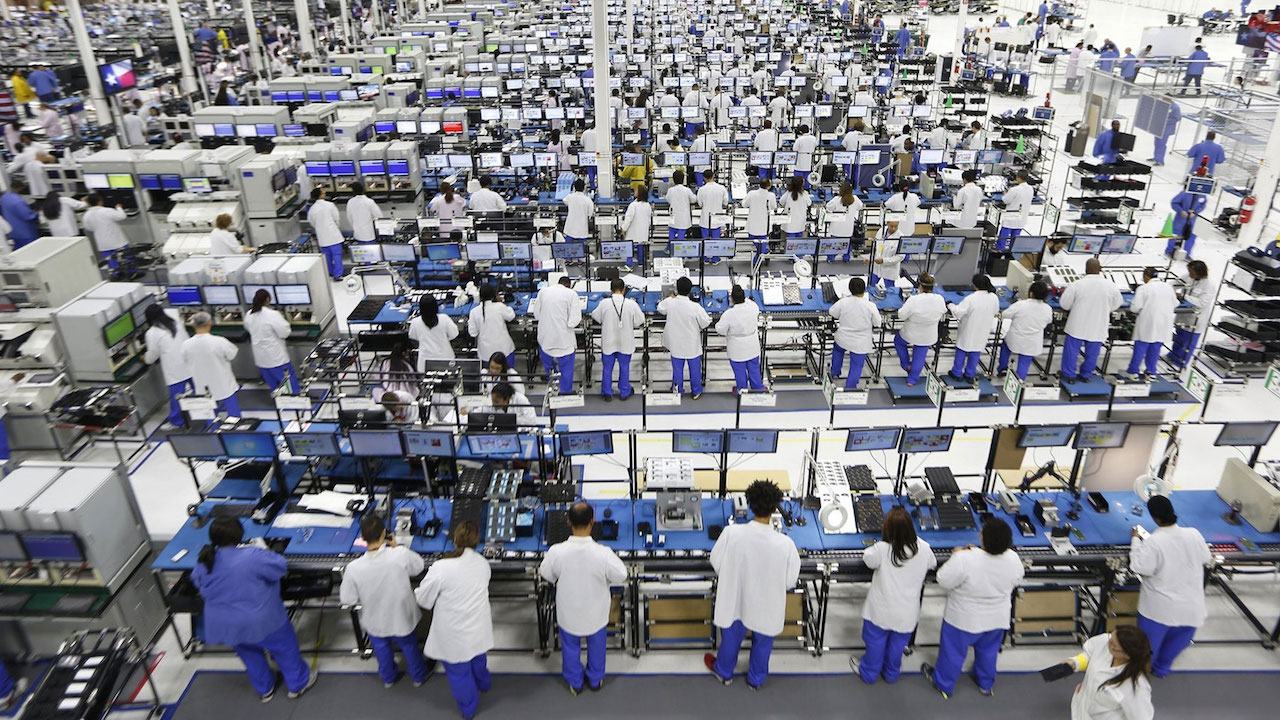We talked about it yesterday, talking about Nancy Pelosi’s visit to Taiwan, which was welcomed as an indigestible interference by China.
The retaliation has been sensational, starting with Beijing’s hacking of some institutional sites in Taiwan. But most of all, in the aftermath of the House Speaker’s visit, China held the largest military exercise of all time in that territory. There will be four days of exercises, which should end on Sunday 7 August.
The crossed accusations
The accusations are crossed. For the Chinese Foreign Minister, Wang Yi, the visit of Nancy Pelosi Nancy Pelosi was even “manic, irresponsible and highly irrational”.
On the other hand, Josep Borrell, High Representative of the Union for Foreign Affairs and Security Policy for the EU, intervened with a tweet. Borrell, referring to the military exercises in Beijing, said that “it is not justified to use a visit as a pretext for aggressive military activity in the Taiwan Strait. It is normal and proper for the legislators of our countries to travel internationally. We invite all parties to remain calm, to exercise moderation and to act transparently. “

The real question: the US, China, Taiwan and the chips
It is evident that these retaliations, and the consequent diplomatic tensions, do not derive only from the fact that China claims the island, in reality independent, as its own province.
Even the persistent US interest in Taiwan does not stem solely from ideological reasons. Much more concretely, Taiwan is the global home of chip manufacturing, followed by South Korea.
The island, that is, is home to the major companies that produce semiconductors and electronic devices.
Taiwanese companies in the tech sector
The two biggest names in the industry, based in Taiwan, are Asus and Acer, which together account for over 16% of the consumer market.
Ma the company most directly affected by the ongoing diplomatic crisis is Taiwan Semiconductor Manufacturing Companybetter known by its acronym TSMC.
It is the largest independent semiconductor factory in the world. Just to give you an idea, 53% of the global chip market is in his hands. And the second manufacturer, also Taiwanese, is UMC (United Microelectronics Corporation), whose headquarters are not far from TSMC.
The giant Samsung, to better understand the proportions, holds only 16% of the market.
The risk of war between China and Taiwan and the problem of chips
As already mentioned in another article, there are various reasons for preventing the tensions between China and Taiwan from escalating, leading to conflict.
First of all for humanitarian reasons, of course. But also because, should war break out between the two countries, TSMC would no longer be able to operate and produce chips.
We are talking about a company that in the second half of 2022 recorded a turnover of 18.16 billion dollars, with an increase of 43.5% on an annual basis and a net profit up by 76.4% again on an annual basis.
Neither more nor less, therefore, would the tech industry be blocked all over the world. There’s more. Taiwan exports technology but also controls 10% of the ships that distribute it in the world. It is also interesting to note which are the main trading partners with Taiwan. In first place there is China (26% of trade), followed by chance by the US (13%). After that there are Japan (11%), Hong Kong and the EU (8%).
TSMC and the USA
The importance of TSMC is paramount to the United States. To the point that on Wednesday 3 August Nancy Pelosi had an interview with the company’s president, Mark Liu.
The discussion focused on the implementation of the Chips and Science Act, which provides for an investment of $ 280 billion to support national semiconductor manufacturing, research and design. 52 of the 280 billion will go to companies that have already opened, or will open, factories in the US.
TSMC is building a factory in Phoenix, Arizona and is planning further openings.
Bloomberg highlighted that, for the United States, Taiwan is an ally in the chip sector indispensable. For self-sufficiency, the US would have to hire 300,000 professionals. But there are two problems: the lack of graduates with the required skills, and an immigration policy that makes it difficult to stabilize talents from other countries.
At present, the risk is to leave China with a market share close to 40%.
Now, perhaps, the reasons for Nancy Pelosi’s official visit to Taiwan appear clearer.















Leave a Reply
View Comments